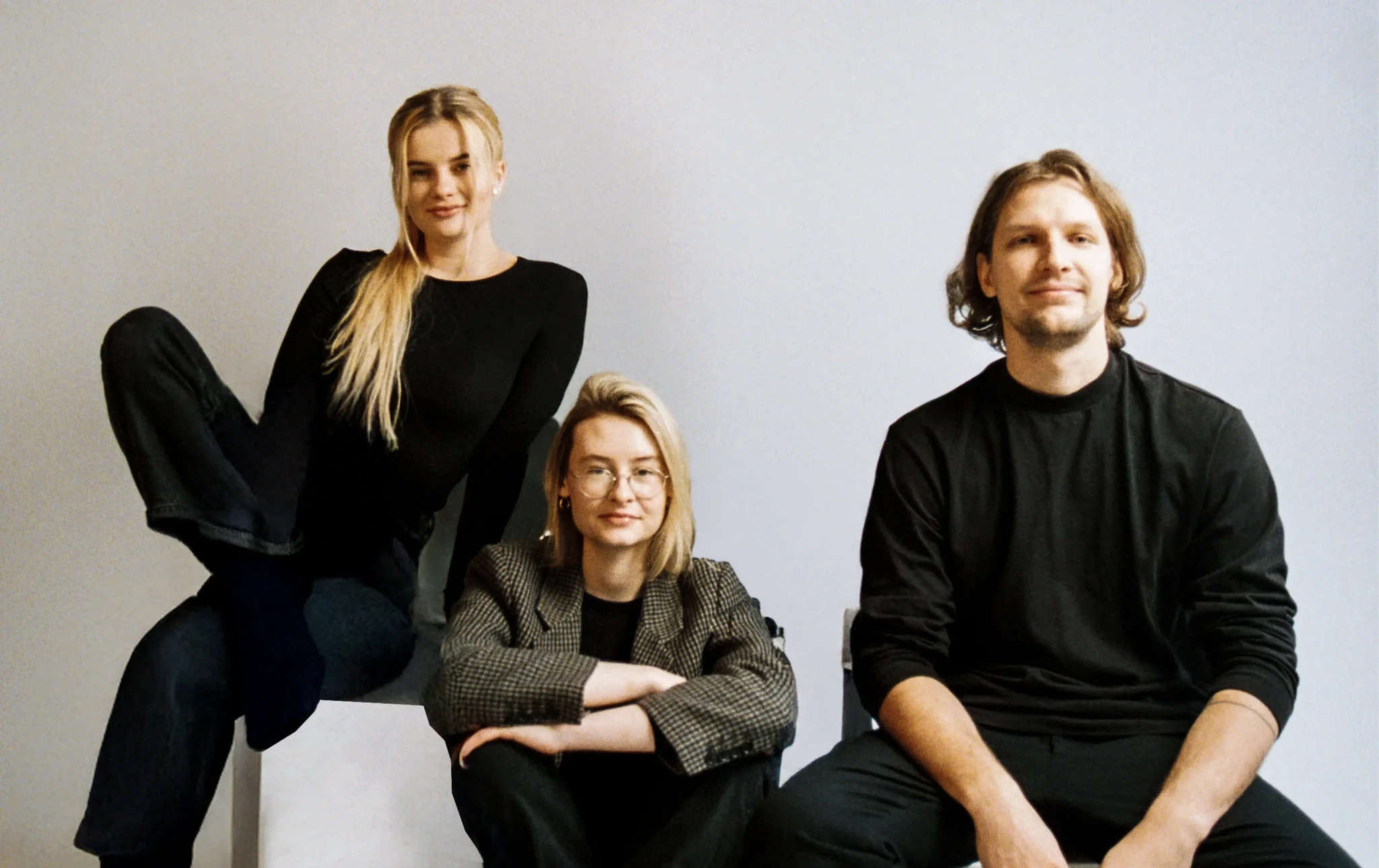
Elli Valla from TalTech: AI saves time but also enhances the accuracy and accessibility of healthcare services
The massive development in artificial intelligence over the past year represents a significant shift in healthcare. For doctors, it means, among many other benefits, a reduction in administrative tasks, allowing them to focus more on patient care. For patients, it means more accessible healthcare services, as AI can aid in faster diagnosis and personalized treatment plans. Elli Valla, a Ph.D. student at the TalTech Department of Software Science and startup entrepreneur, shares what it means to apply AI to healthcare, how her research will help people in the future and what her goals are with Augmental.
This interview was written by Karin Härmat from TalTech (Tallinn University of Technology).
You are a Ph.D. student at the TalTech Department of Software Science and startup entrepreneur, and you work with AI in healthcare. How did you get there?
My journey into AI in healthcare began with a strong interest in machine learning. I started exploring this field and found it resonated deeply with my previous studies in technical physics and applied mathematics. I felt like I had found my true calling. I wanted to apply this interest in a meaningful way and was exploring doctoral topics at TalTech. I came across a topic supervised by Sven Nõmm (TalTech) and Aaro Toomela (Tallinn University) – studying the connection between human motor skills and cognitive disorders using artificial intelligence. It seemed like the perfect match for my interests.What exactly do you study in your research?
My research focuses on analyzing various cognitive and neurological disorders using fine motor skill tests and machine learning. For instance, I study the handwriting of Parkinson's patients, collected via tablets, and input these signals into machine learning models. Another example is analyzing mental fatigue through signals from smartphones and digitized fine motor skill tests.
How is it helpful in healthcare or the work of doctors?
Utilizing AI in healthcare, particularly in diagnostics, not only saves time but also enhances the accuracy and accessibility of healthcare services. A prime example is the early diagnosis of Parkinson's disease. Our AI-based framework, in conjunction with smart devices, has the potential to revolutionize how this disease is detected and monitored. Typically, diagnosing Parkinson’s requires specialized medical appointments, which can be time-consuming and not easily accessible for everyone.However, by using smart devices, such as smartphones or tablets equipped with our AI software, patients can perform certain tasks or tests at home. These devices can capture fine motor skills or other relevant data, which our AI framework then analyzes to identify early signs of Parkinson’s. This approach not only makes diagnostic processes more accessible to patients but also allows for continuous monitoring of their condition. It could significantly shorten the time to diagnosis, enabling earlier intervention and potentially slowing the progression of the disease.
What problem does your startup, Augmental, solve? How far have you come with its development?
Our startup, Augmental, assists physiotherapists and their patients in visualizing and monitoring the rehabilitation journey. It is based on machine learning models that, in the future, could predict potential recovery paths, offering recommendations and prognosis. Currently, we have developed the Minimum Viable Product (MVP) and are preparing for pilot programs.What do you definitely want to achieve with your company this year?
This year, our primary goal is to successfully launch pilot programs and refine our MVP based on the feedback. We aim to establish a robust foundation for our product and start making a real impact in the field of physiotherapy.How do research and start-up work complement each other? Can one interfere with the other?
Balancing academic research and running a startup can be challenging but also complementary. The research provides a deep understanding of theoretical aspects, which is invaluable for the startup. Conversely, the practical challenges of the startup bring a new perspective to the research.Who are your team members?
At Augmental, I am partnered with Gert Kanter, a Ph.D. in Computer Science and an experienced software developer. His extensive expertise in complex algorithms and system design is vital to driving our innovative healthcare solutions forward.What has been the most difficult thing about starting a startup? What makes you happy and motivates you?
The most challenging aspect of managing a startup is navigating uncertainties and constantly adapting to new situations. However, what truly brings joy and motivation is witnessing the real-world impact of our work. Even if our solutions help just one person recover faster, that would be an invaluable reward for us.What do you want to achieve on sTARTUp Day 2024? What are your most important goals here or who do you definitely want to talk to?
At sTARTUp Day 2024, our main goal is to network with industry experts. I am particularly keen on discussing collaboration opportunities with healthcare professionals and technology partners to expand our reach and impact.TalTech will host a seminar “AI and Big Data – A Matter of Life and Death?” with Elli Valla, Rainis Venta, Toomas Klementi and Peeter Ross at sTARTUp Day on January 25 at 14.00.
See the full festival schedule.
Articles you might also like:

Anna Strubel: From Nurse to FemTech Pioneer – How CARÁ Health is Transforming Maternity Care
18.01.2025
Maternity care is often fragmented, leaving many parents without the support and evidence-based guidance they need. Anna Strubel, a pediatric nurse specializing...

Previous sTARTUp Day Speaker Contest Winner Peep-Ain Saar keynote
17.09.2024
Peep-Ain Saar, managing partner at Arco Vara KVB, pastor, and seasoned entrepreneur, delivered a heartfelt keynote on overcoming adversity and thriving in...